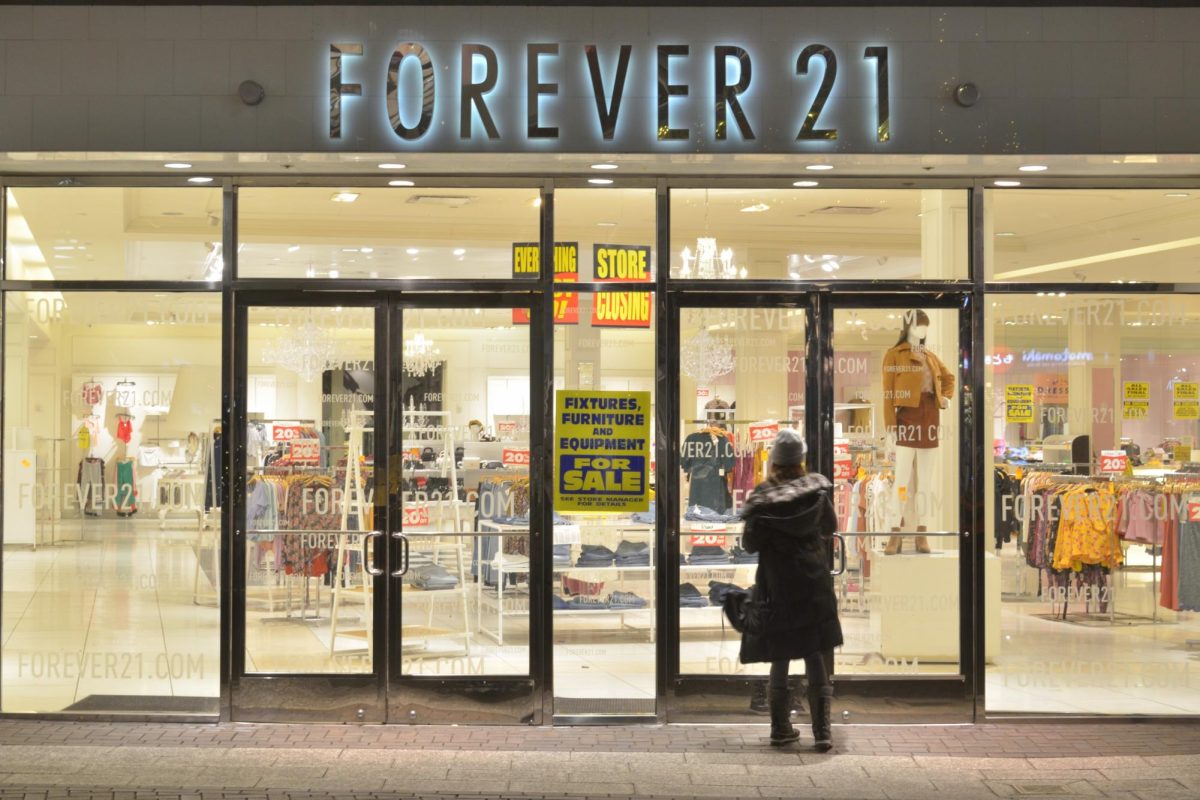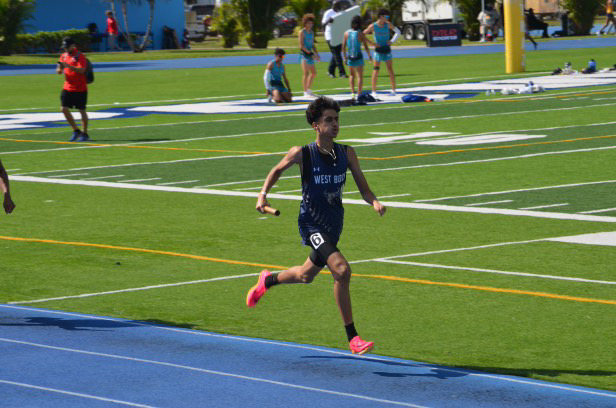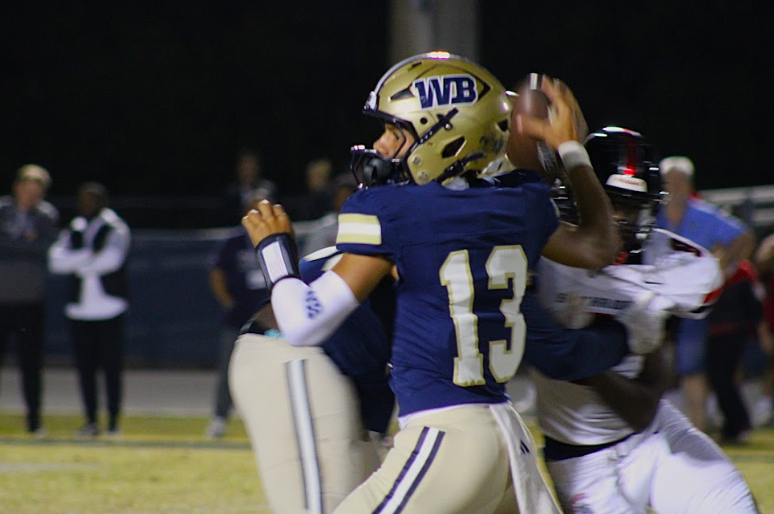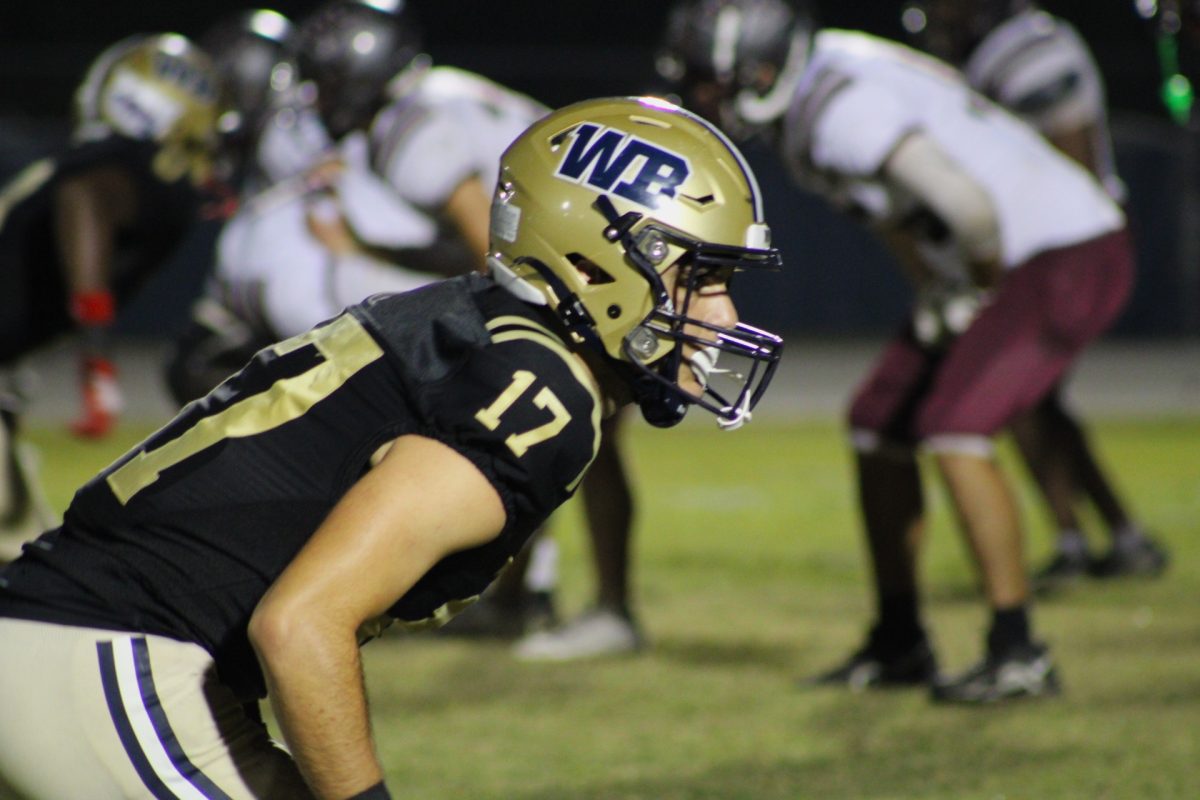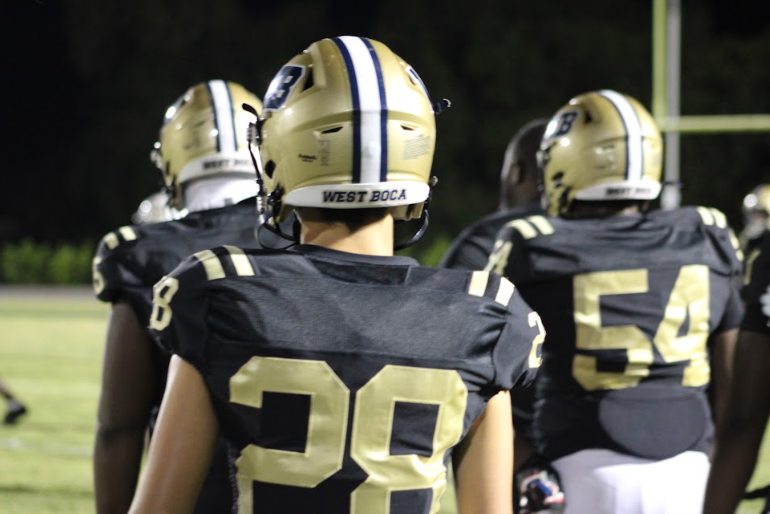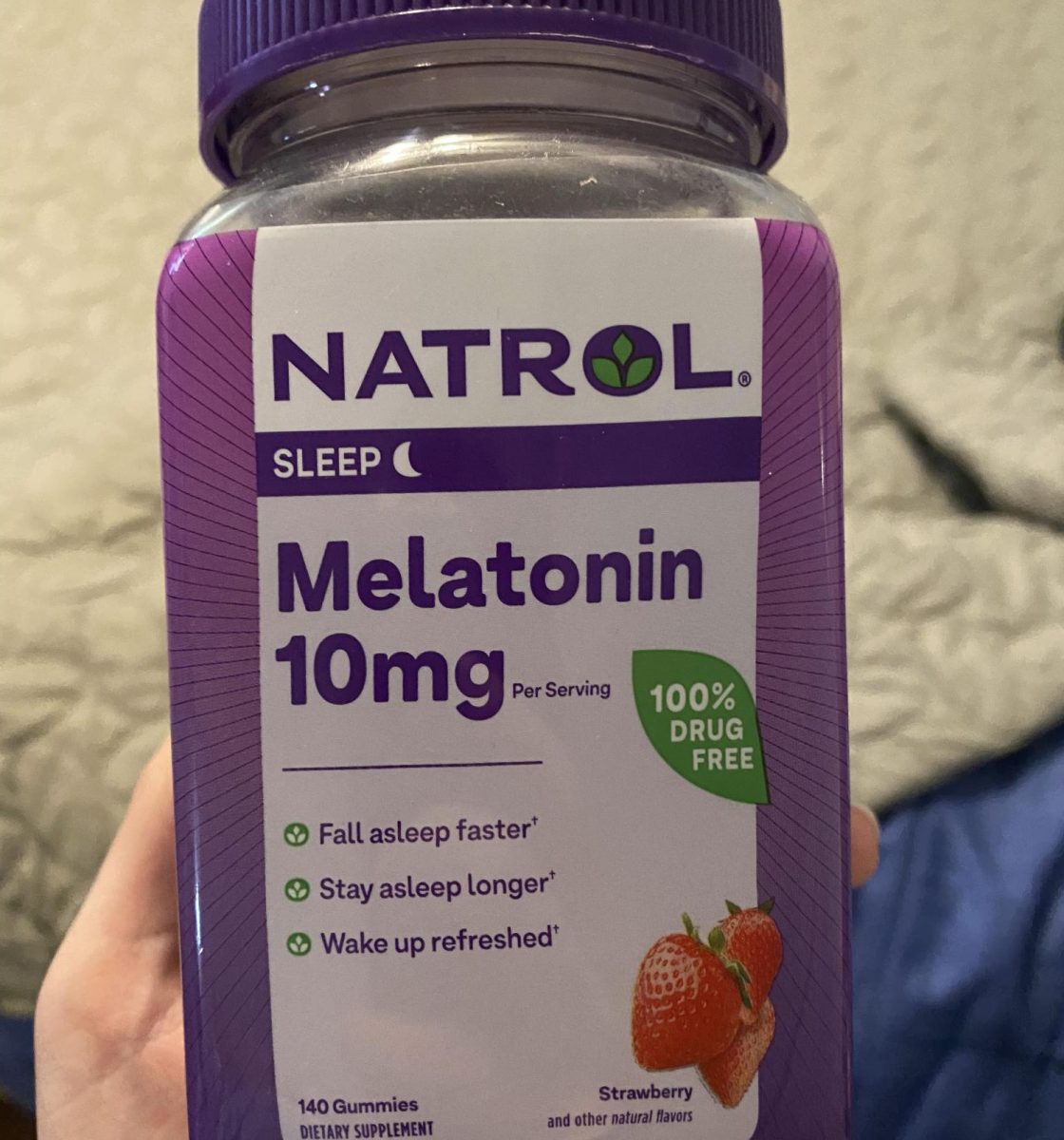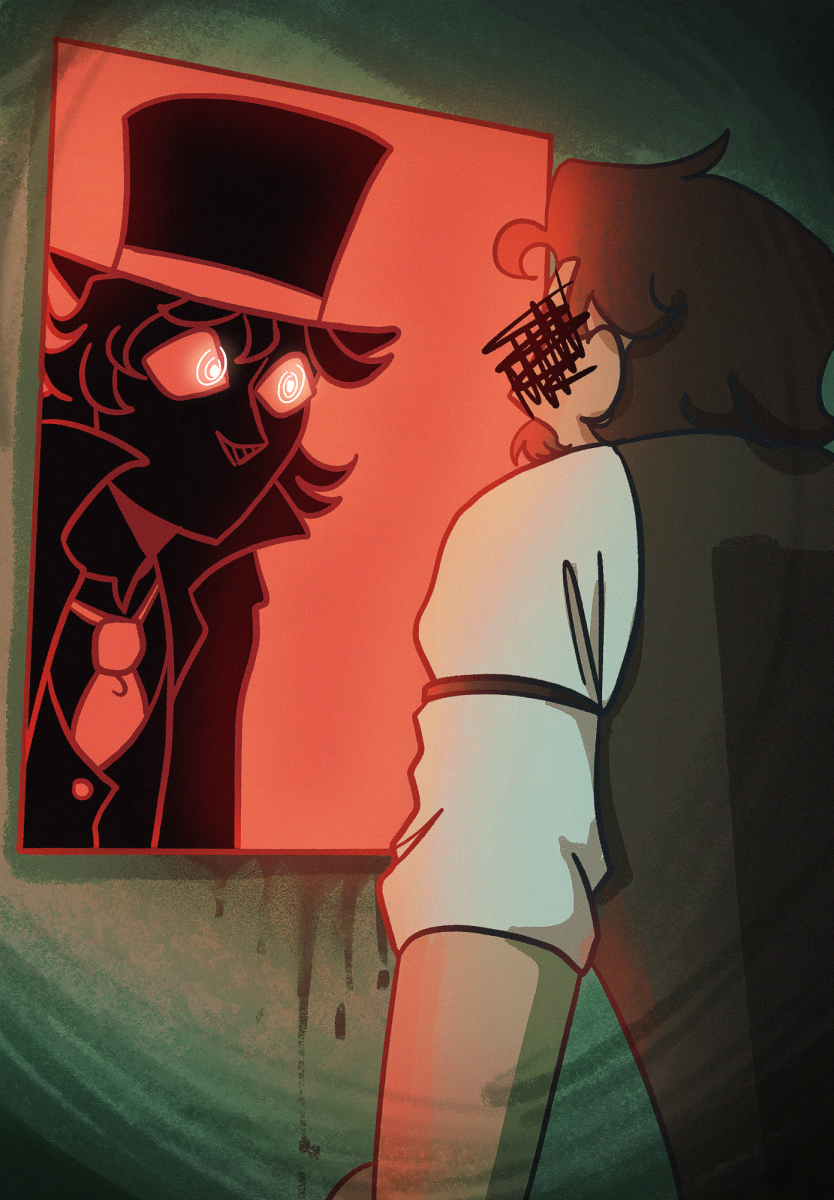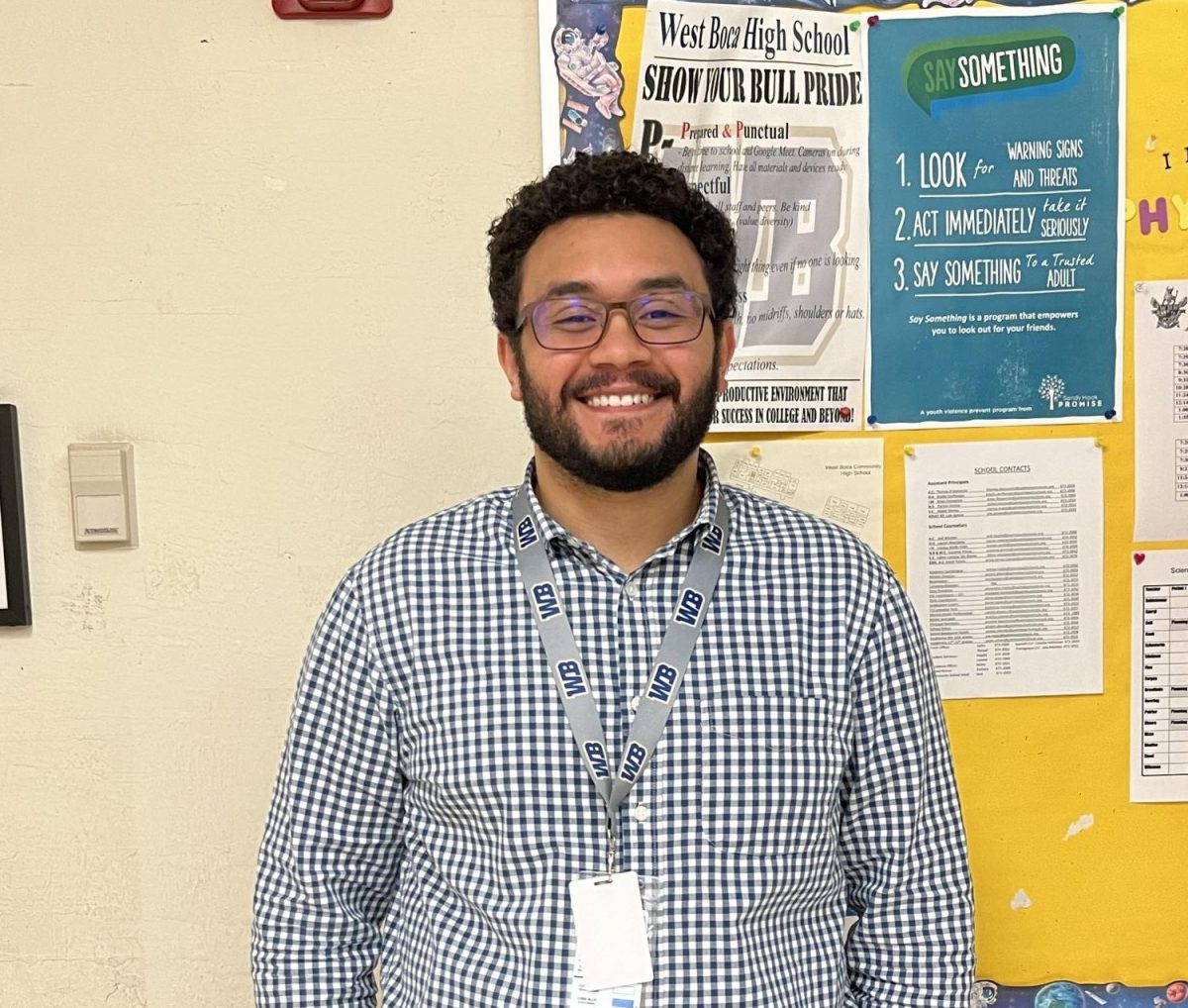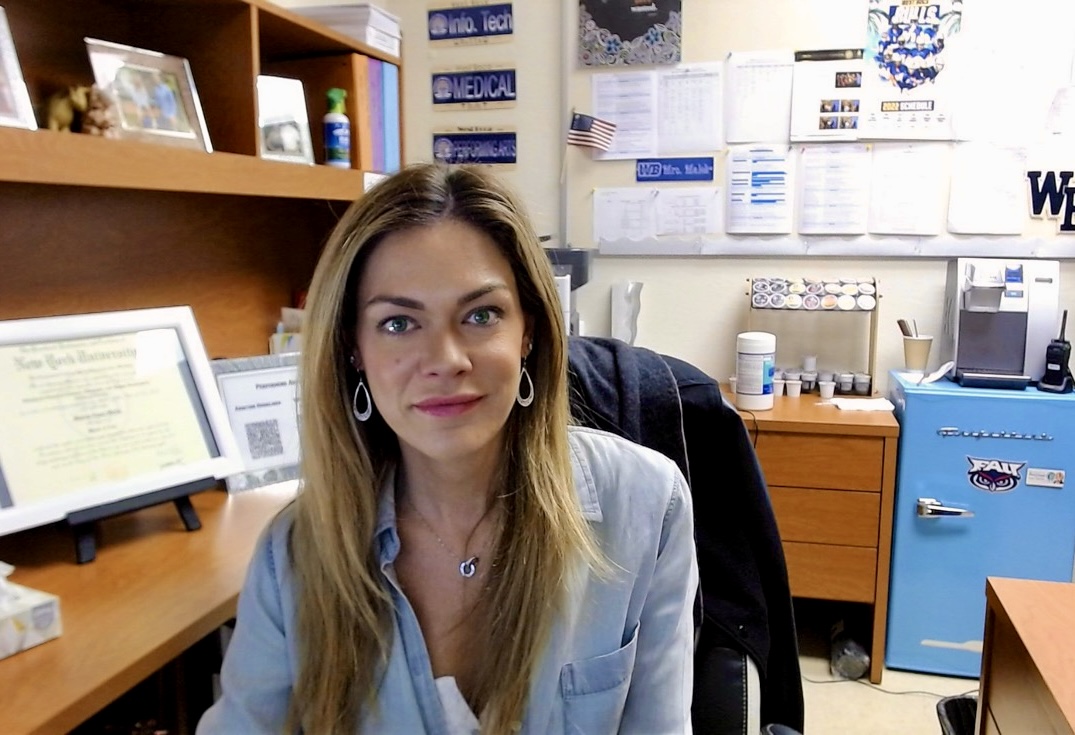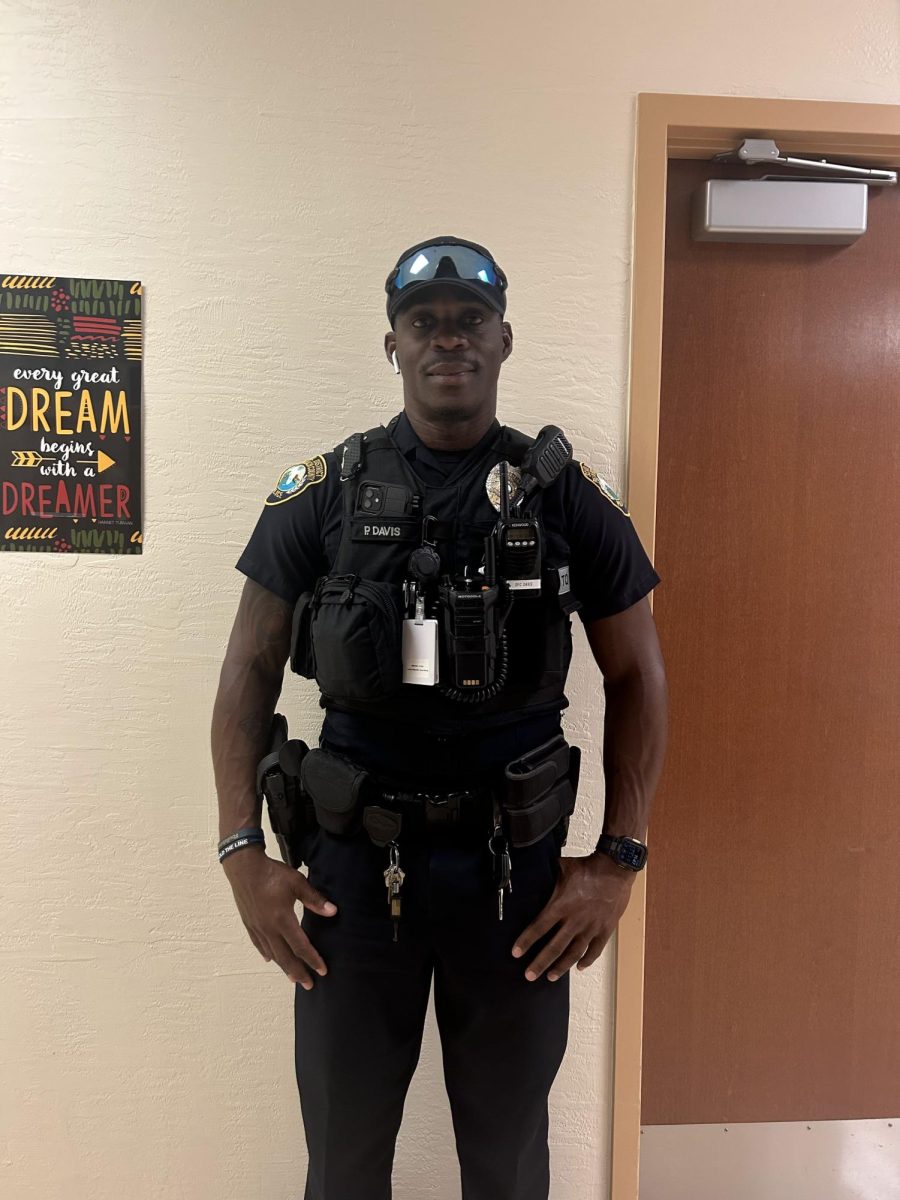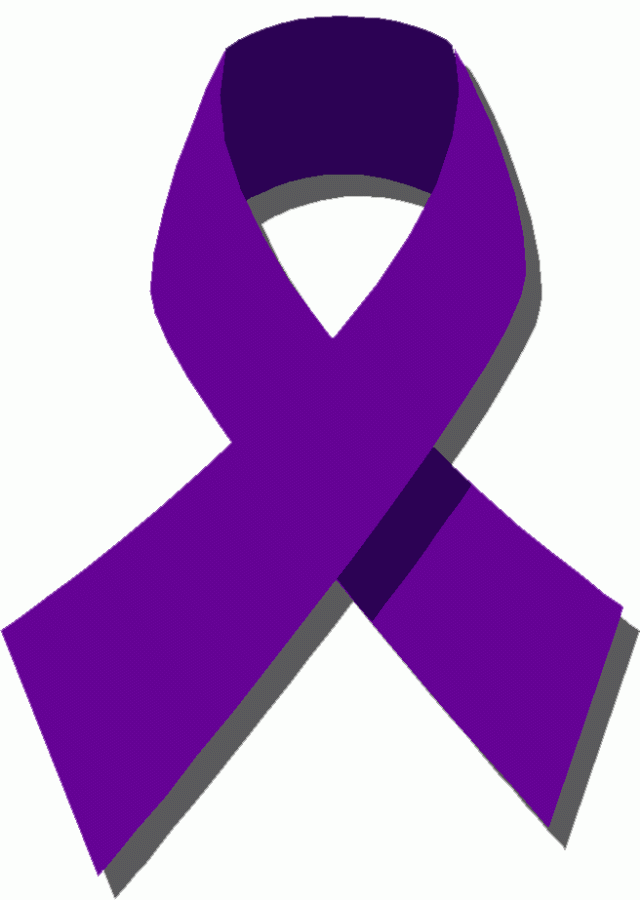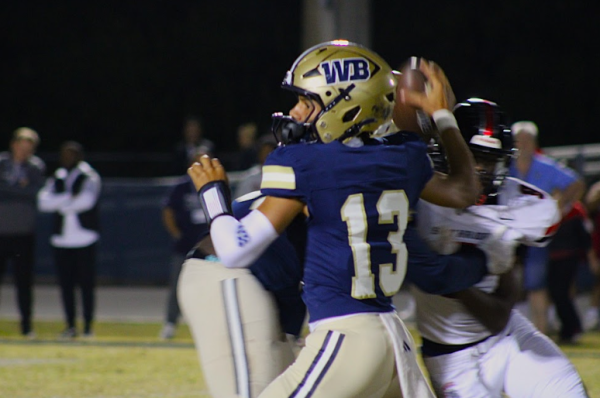February is Teen Dating Violence Prevention and Awareness Month
What You Need To Know…
February is Teen Dating Violence Prevention and Awareness Month. The purple ribbon stands for domestic violence.
February 8, 2022
February is Teen Dating Violence Prevention and Awareness Month. A healthy relationship is one in which each partner should feel good about themselves. It is one where it should be fun for everyone involved. Both partners should feel safe. Safety in relationships means respect and honesty. It is when there is clear, open communication and that is a priority. It is listening to each other’s thoughts and opinions, and accepting each other’s right to say no or to change your mind. In a healthy relationship, both partners are comfortable letting the other person know how they are feeling.
Sometimes a relationship can start out healthy and become unhealthy over time. If you have a feeling that your relationship is unhealthy because you feel afraid, or pressured to do something that you don’t want to do, you’re probably right. According to https://youngwomenshealth.org/2013/09/13/safety-in-relationships/, red flags can look like:
- Excessive jealousy. Constant checking in with you or making you check in with them.
- Attempts to isolate you from friends and family.
- Is too serious about the relationship too quickly. “Love bombing”.
- Has had a lot of bad prior relationships and blames all of the problems on the previous partners.
- Is very controlling. This may include giving you orders, telling you what to wear, and trying to make all of the decisions for you.
- Blames you when he or she treats you badly by telling you all of the ways you provoked them.
- Does not take responsibility for own actions. Has an explosive temper or “blows up” a lot.
- Pressures you into sexual activity with which you are not comfortable.
- Has a history of fighting, hurting animals, or brags about mistreating other people.
- Believes strongly in stereotypical gender roles for males and females.
- You worry about how your partner will react to the things you say or you are afraid of provoking your partner.
- Owns or uses weapons.
- Refuses to let you end the relationship.
Abuse doesn’t just come in the physical form. Abuse can be physical, verbal, emotional, sexual, and economic. If you suspect there may be abuse in your relationship, get out as quickly and as safely as you can. You’re not alone. According to https://www.teendvmonth.org/, teen dating violence, also known as intimate partner violence or intimate relationship violence, affects approximately 10% of all teenagers between the age of 12 to 18.
According to the Center for Disease Control, teen dating violence has both serious short-term and long-term consequences. While healthy relationships tend to have a positive effect on emotional development and future relationships, abusive relationships often do the opposite. Dating violence victims are likely to experience suicidal thoughts, antisocial behaviors, depression and anxiety, and engage in unhealthy behaviors such as alcohol and drug use.
Unfortunately, so many cases go unreported because teens are afraid to share their stories with friends, family, authorities, or any trusted adult. Florida’s statute states, “A victim of dating violence that has reasonable cause to believe he or she is in imminent danger of becoming the victim of another act of dating violence, or any person who has reasonable cause to believe he or she is in imminent danger of becoming the victim of an act of dating violence, or the parent or legal guardian of any minor child who is living at home and who seeks an injunction for protection against dating violence on behalf of that minor child, has standing in the circuit court to file a restraining order against the accused dating violence abuser.” There are so many resources out there.
The national hotline for domestic violence or abuse is 1.800.799.SAFE. (7233). There are many resources for safety, plans, identification, and help at https://www.thehotline.org/ .
If you’re thinking about leaving an abusive relationship, make a plan. A safety plan can feel empowering in recognizing control and safety. When making a safety plan, take everything into consideration. Identify safe spaces all around you whether they’re at home, at school, or with friends. Avoid being alone if you can- abusers are less likely to do anything to you when other people are around. Brainstorm ways to end the relationship. When breaking off a relationship with an abusive person, you are at an increased risk of getting hurt. Carefully plan and brainstorm how to end the relationship that ends in you getting out safely. Meet your partner in public. Keep people informed of your plan in case of emergency.
https://www.verywellfamily.com/develop-a-safety-plan-for-an-abused-teen-5113941 has some great resources for ending the relationship and staying safe.
There are resources here at school too. This is a safe space. A trusted adult like a teacher or counselor is a great way to reach out. After talking with Ms. Townsend, Ms. Mochel, Ms. Wolfe and Ms. Feliciano, they essentially told me the same thing. Never believe you are alone. Many victims keep their abuse a secret, when it is possible to exit this toxic union. Surround yourself with people that make you feel good. People who make you feel bad don’t add anything to your relationships. Ms. Townsend and Ms. Hantman’s offices are open and they have said they are more than happy to talk through whatever is going on. They can help you find help whether it’s on or off campus. If anyone wants to talk, Ms.Townsend stands at the front gate in the mornings and during lunch, otherwise she has an open-door policy at her office. Getting out and seeking help is possible.
Call 1.800.799.SAFE. (7233) or visit https://www.thehotline.org/ to reach out for help from the National Domestic Violence Abuse Hotline.
211 is a community and crisis hotline that’s Free, Confidential and available 24/7.
Call 1-866-331-9474 for the National Dating Abuse Helpline.
(NCVC) 1-800-FYI-CALL is the National Centers for Victims of Crime.
Visit https://www.findhelp.org/care/help-escape-violence–boca-raton-fl?postal=33431 services, information, and referrals for anyone in a situation affected by domestic violence.
Text 741741 “Start” or “Help” for the Crisis Text Line which connects someone to a live, trained volunteer.
Call 800-852-8336, the TeenLine if you are not in a crisis between the hours of 6 – 10 PST.



